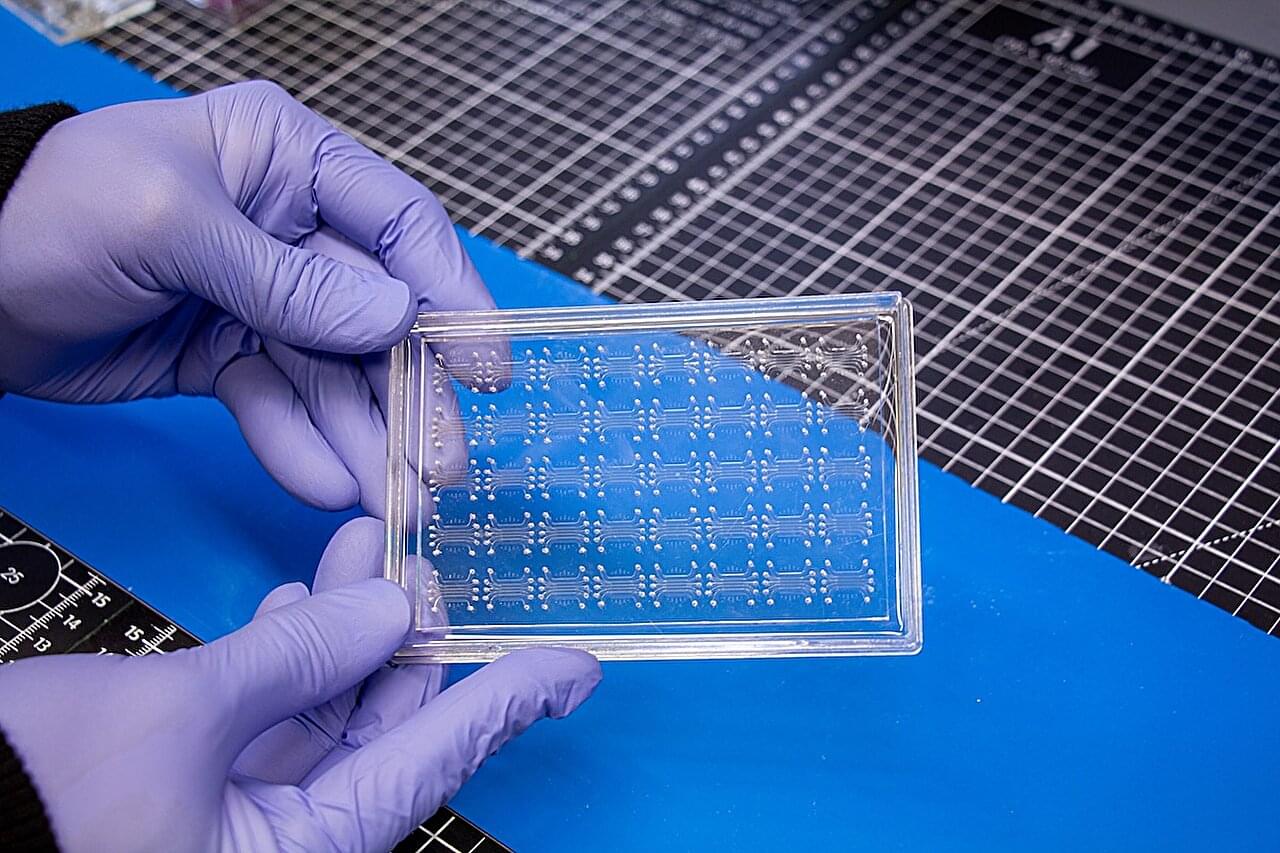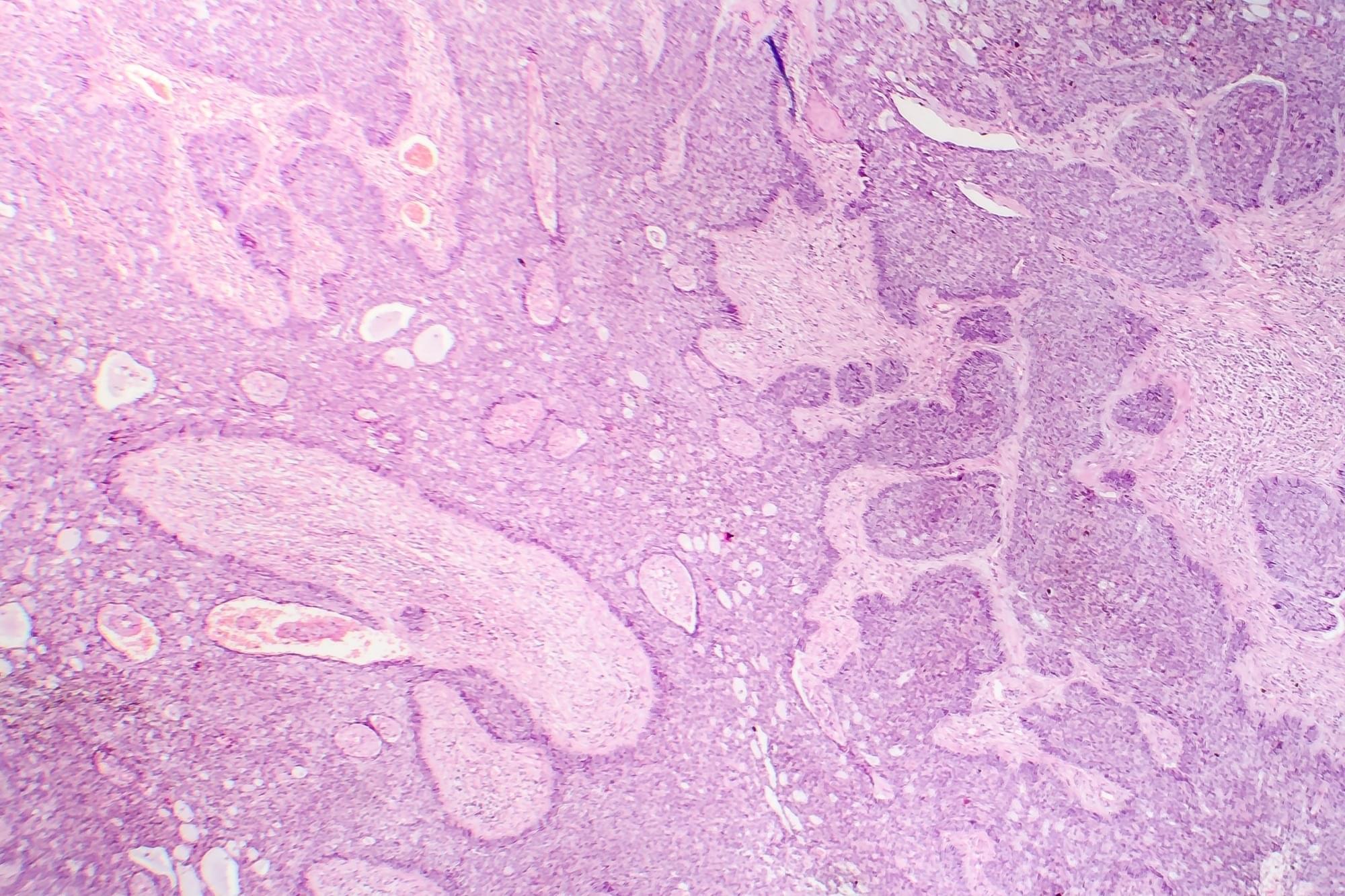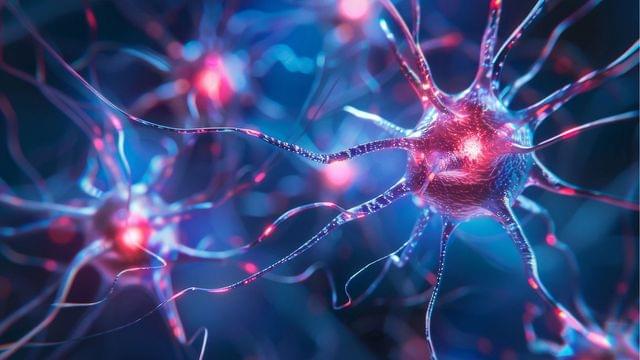Chapter 1: introduction: the quantum nature of consciousness.



As some of the lowest of the vertebrata attained a far greater size than has descended to their more highly organised living representatives, so a diminution in the size of machines has often attended their development and progress. Take the watch for instance. Examine the beautiful structure of the little animal, watch the intelligent play of the minute members which compose it; yet this little creature is but a development of the cumbrous clocks of the thirteenth century — it is no deterioration from them. The day may come when clocks, which certainly at the present day are not diminishing in bulk, may be entirely superseded by the universal use of watches, in which case clocks will become extinct like the earlier saurians, while the watch (whose tendency has for some years been rather to decrease in size than the contrary) will remain the only existing type of an extinct race.
One need only follow this progression to its logical conclusion to face the inevitable question of “what sort of creature man’s next successor in the supremacy of the earth is likely to be”:
We are ourselves creating our own successors; we are daily adding to the beauty and delicacy of their physical organisation; we are daily giving them greater power and supplying, by all sorts of ingenious contrivances, that self-regulating, self-acting power which will be to them what intellect has been to the human race. In the course of ages we shall find ourselves the inferior race.

Hidden within our bones, marrow sustains life by producing billions of blood cells daily, from oxygen-carrying red cells to immune-boosting white cells. This vital function is often disrupted in cancer patients undergoing chemotherapy or radiation, which can damage the marrow and lead to dangerously low white cell counts, leaving patients vulnerable to infection.
Now, researchers at the University of Pennsylvania School of Engineering and Applied Science (Penn Engineering), Perelman School of Medicine (PSOM) and the Children’s Hospital of Philadelphia (CHOP) have developed a platform that emulates human marrow’s native environment. This breakthrough addresses a critical need in medical science, as animal studies often fail to fully replicate the complexities of human marrow.


In today’s AI news, for those who were thinking Meta Platforms Inc. might back down from its heavy-spending ways in the wake of the DeepSeek news, think again. On the earnings call, Zuckerberg spoke of “the hundreds of billions of dollars” Meta will invest in AI infrastructure over the long term.
S ChatGPT and the newly ascending DeepSeek. “Qwen 2.5-Max outperforms… almost across the board GPT-4o, DeepSeek-V3 and Llama-3.1-405B,” Alibaba Meanwhile, amid the market turbulence and breathless headlines, Dario Amodei, co-founder of Anthropic and one of the pioneering researchers behind today’s large language models, published a detailed analysis that offers a more nuanced perspective on DeepSeek’s achievements.
And, Microsoft is bringing Chinese AI company DeepSeek’s R1 model to its Azure AI Foundry platform and GitHub. The R1 model is now part of a model catalog on Azure AI Foundry and GitHub — allowing Microsoft’s customers to integrate it into their AI applications.
In videos, Reid Hoffman is the co-founder of LinkedIn, a legendary Silicon Valley investor, and author of the new book Superagency: What Could Possibly Go Right with Our AI Future. Hoffman joins Big Technology Podcast to discuss his optimistic case for AI, the massive investments flooding into the field, and whether they can pay off.
And, in the new episode of Moonshots, Emad Mostaque, Salim Ismail, and Peter Diamandis discuss recent DeepSeek news, the China vs. USA AI race, and more. Emad is the founder of Intelligent Internet and former CEO of Stability AI. Salim is a serial entrepreneur and strategist well known for his expertise in exponential organizations.
Then, reverse the diffusion process, and unlock the secrets of AI-generated images. Isaac Ke explores how to harness the power of diffusion models to create stunning, high-quality images from text prompts. From text-to-image generation to image-to-image editing, learn how diffusion models are being applied in various fields.
We close out with, Nate B. Jones sharing the strategy behind DeepSeek strategically launching free AI products to disrupt OpenAI’s dominance, including an Operator clone, voice AI, and a likely Sora competitor. This aggressive move threatens OpenAI’s paid model and forces competitors to rethink pricing.

Is the universe infinite, Aristotle asked in 350 BCE, “or is this an impossibility? The decision … is … all-important to our search for the truth.” The Greek philosopher opined that “the heavens” (meaning the moon, planets, sun and other stars) travel around the Earth in circles, and that a “body which moves in a circle is not endless or infinite, but has its limit.” Moreover, he assumed that Earth sits at the center of the universe. In that case, the universe must be finite, Aristotle reasoned, for otherwise it could not have a center. With that, he’d apparently resolved an issue that had confounded both his predecessors and his contemporaries.
Circular as Aristotle’s logic was, his conclusion could still be correct. More than two millennia later, we still can’t be sure if the universe is finite or infinite. The universe could be boundless, continuing in all directions without end, or it could be sealed up in a compact shape such as a sphere or doughnut.
Of course, modern scientists have wondered about this issue as well. They’ve devised strategies to investigate the universe’s overall topology, using methods more rigorous than Aristotle’s. The first tests, conducted about two decades ago, linked a range of possible topologies to signals that might have been spotted in astronomical data. Efforts to find those signals have come up short, but hope may be on the horizon.
s future, predicting a $10 trillion valuation driven by the launch of the Optimus robot and full self-driving technology, alongside ambitious plans for a Robo taxi service and significant production growth +# ## Key Insights.
S vertically integrated supply chains and in-house development of Optimus components make it difficult for competitors to replicate their success in robotics and AI. + Economic Impact.
S most valuable company, worth more than the next 5 largest companies combined, primarily due to autonomous vehicles and robots. + ⏰Autonomous Tesla vehicles are expected to increase car utility by 5x, operating 55 hours/week instead of the typical 10 hours, enabling 24/7 ride-hailing and delivery services.
Safety and Technology.
S Full Self-Driving (FSD) technology is reported to be 8 times safer per mile than human driving, with continuous improvements and updates. + s real-world AI for self-driving is so advanced that Musk jokes competitors would need a telescope to see them, highlighting Tesla Energy and Infrastructure.
S energy storage solutions are becoming increasingly important, potentially doubling the grid Future Outlook.

Neoadjuvant therapy with hedgehog inhibitors has an overall response rate (ORR) of 71%, but adverse events (AEs) like fatigue, muscle cramps, dysgeusia, and hair loss often lead to discontinuation and low compliance.
OVs represent a class of intratumoral therapeutics that might be a safe and effective neoadjuvant therapy for difficult-to-resect BCCs.
Talimogene laherparepvec (T-VEC) is an OV, a genetically engineered herpes simplex virus 1 (HSV1), approved for treating injectable, unresectable melanoma lesions in the United States and Europe. T-VEC has a dual mode of action and can alter the tumor microenvironment (TME) by activating adaptive and innate immunity.

BIG Projects To Solve Pressing Issues In Science — Dr. Christopher Stubbs, Ph.D. — Professor of Physics and Astronomy, Harvard University.
Dr. Christopher Stubbs, Ph.D. is the Samuel C. Moncher Professor of Physics and Astronomy, and has recently served as the Dean of Science in the Faculty of Arts and Sciences, at Harvard University (https://astronomy.fas.harvard.edu/peo…
Dr. Stubbs is an experimental physicist working at the interface between particle physics, cosmology and gravitation. His interests include experimental tests of the foundations of gravitational physics, searches for dark matter, characterizing the dark energy, and observational cosmology.
Dr. Stubbs was a member of one of the two teams that first discovered dark energy by using supernovae to map out the history of cosmic expansion.
Dr. Stubbs is currently heavily engaged in the construction of the Large Synoptic Survey Telescope (LSST), for which he was the inaugural project scientist. He founded the APOLLO collaboration that is using lunar laser ranging and the Earth-Moon-Sun system to probe for novel gravitational effects that may result from physics beyond the standard model.